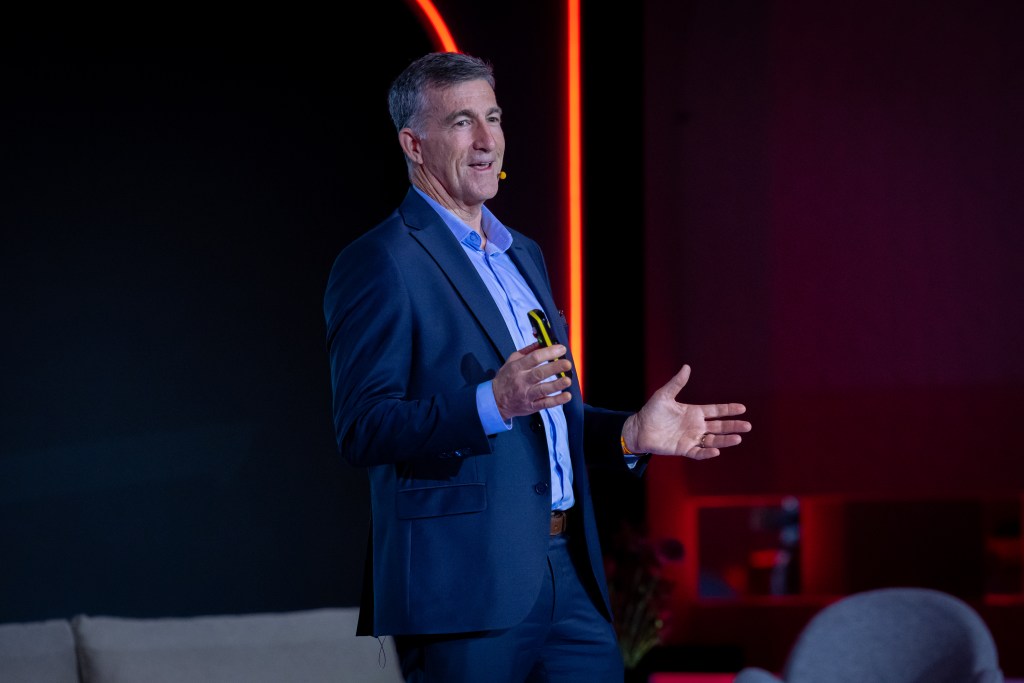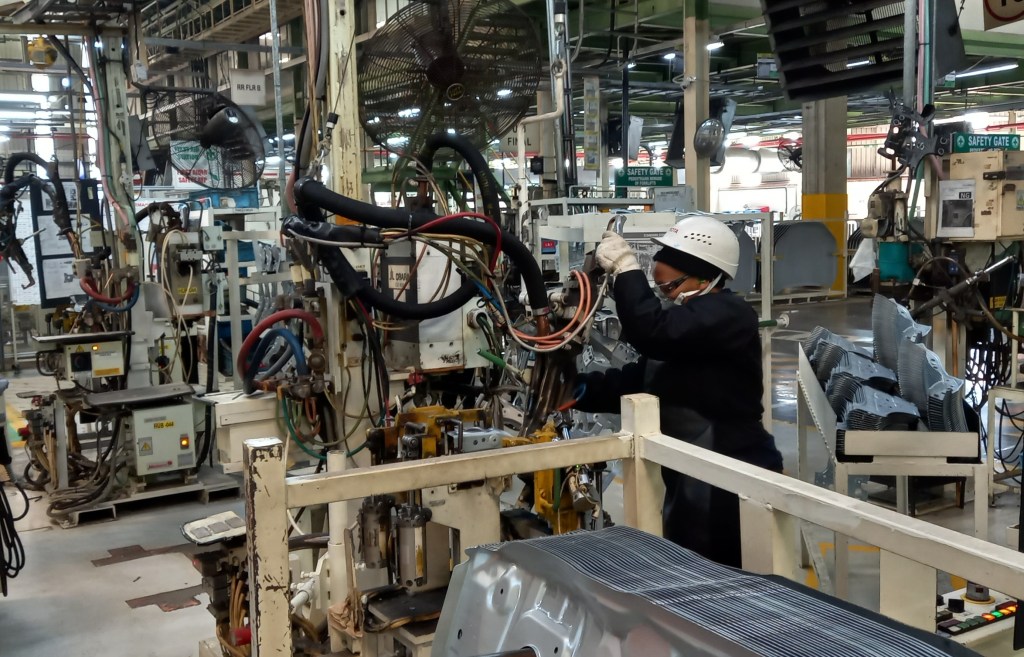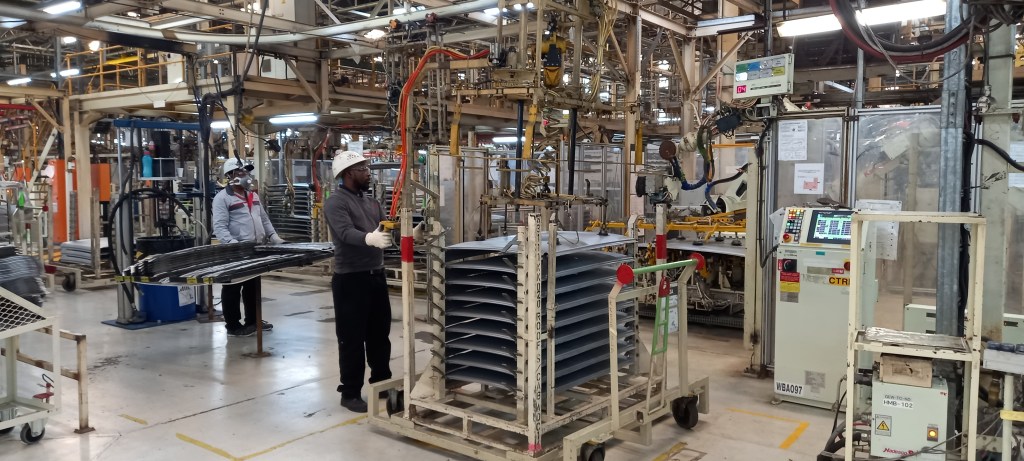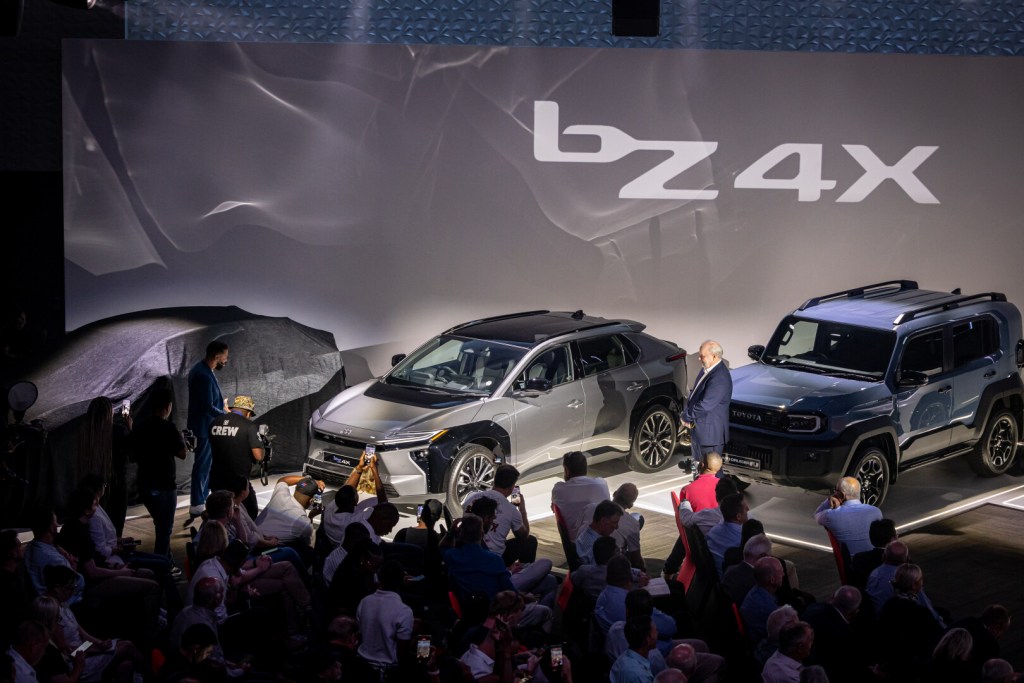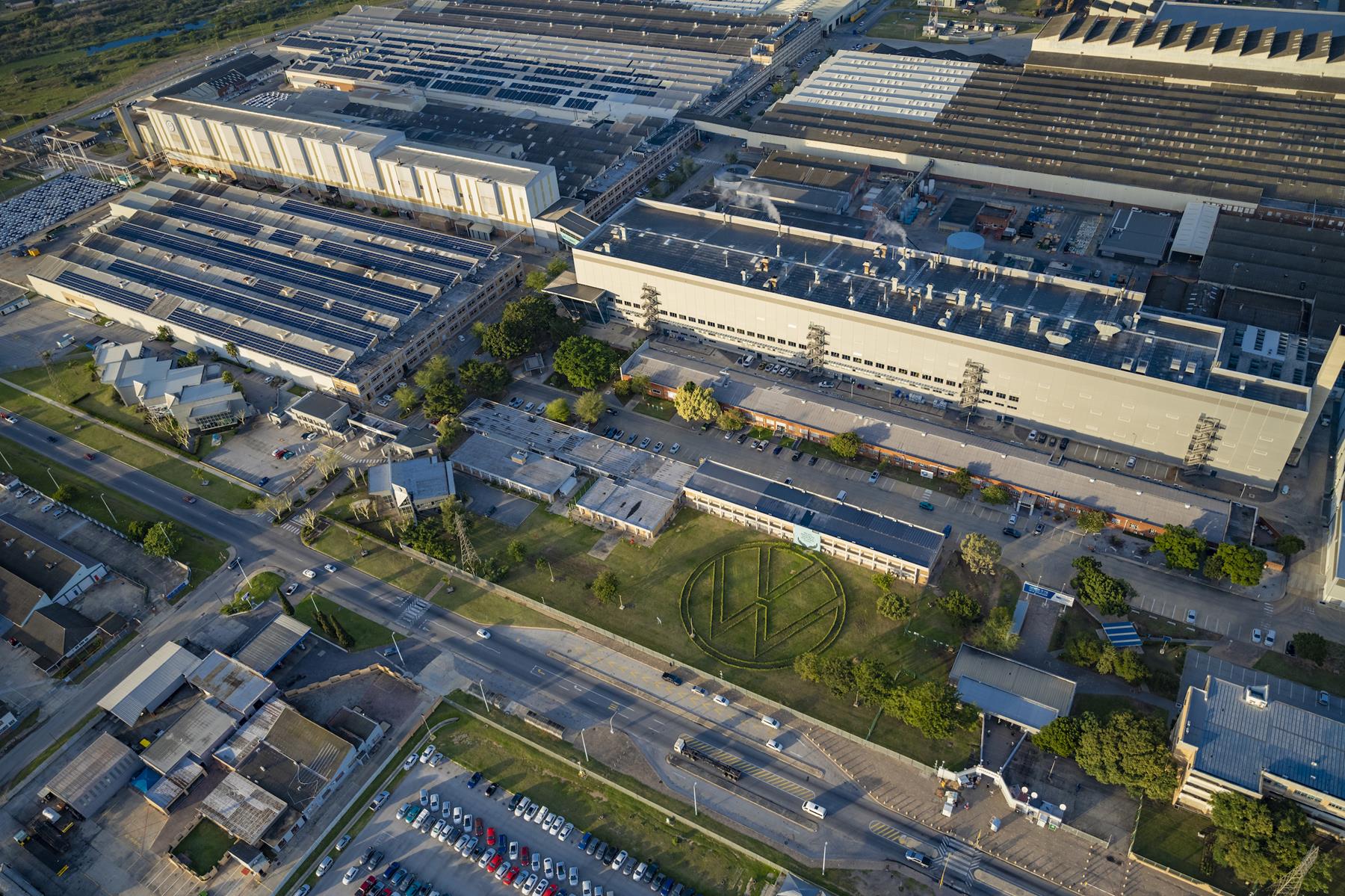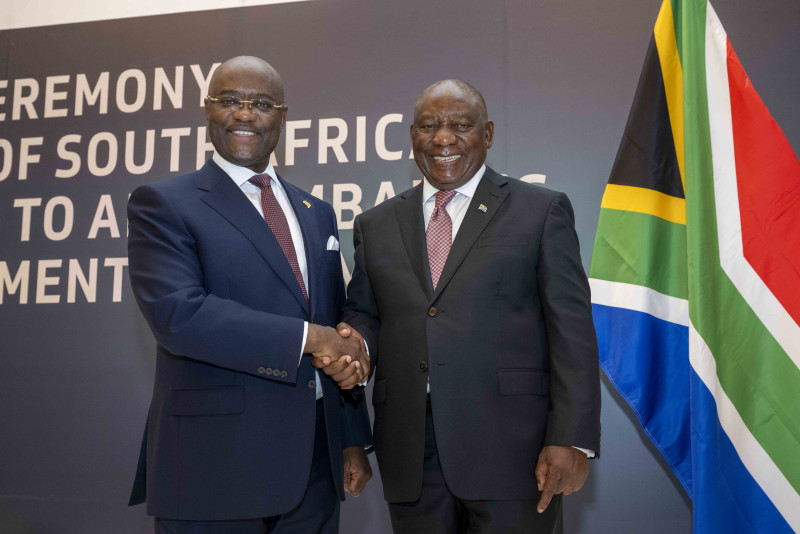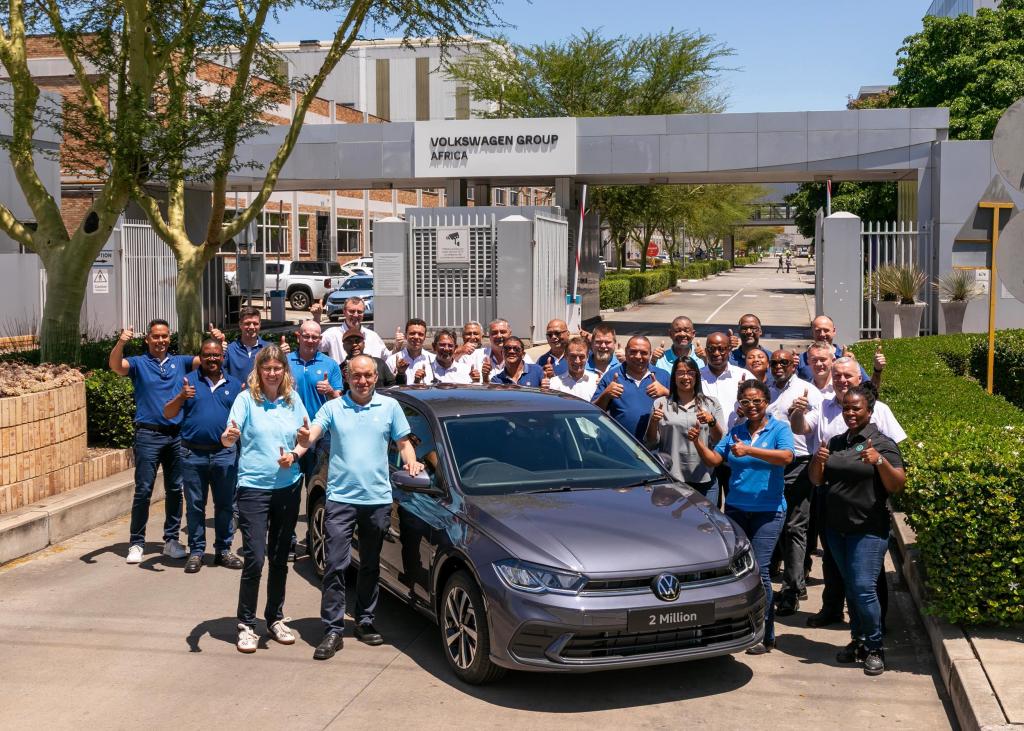
For decades, South Africa’s automotive industry has been a cornerstone of the local manufacturing sector, a testament to our industrial capability. From the bustling assembly lines in Kariega and Rosslyn to the state-of-the-art plant in East London, we build world-class vehicles. Yet, beneath the hum of this R500-billion-a-year industry lies a profound paradox: we are a mineral-rich nation exporting the very raw ingredients that could see us not just assemble but truly create the cars of the future.
The global automotive industry is undergoing its most significant transformation in a century, pivoting towards electric vehicles (EVs), lightweighting for efficiency and smart, connected technologies. This shift is not just about engines and software; it is a fundamental change in the materials that go into a car. For South Africa, this presents a generational opportunity to move up the value chain. The key lies in local beneficiation—the process of transforming mined ore into a higher-value product.
Here are the five most critical raw materials that, if beneficiated locally, would provide an unparalleled boost to the South African auto industry, creating jobs, fostering innovation, and securing our place in the global value chain.
1. Platinum Group Metals (PGMs): The Crown Jewels of Catalysis and Hydrogen
 Image: Implats
Image: Implats
The Raw Material: South Africa sits on roughly 80% of the world’s known platinum group metal reserves. These include platinum, palladium and rhodium.
Current State: We are the world’s leading miner of PGMs, but the vast majority is exported as refined metal or concentrate. We capture the mining risk and volatility but miss out on the immense value of specialised industrial and chemical applications.
The Beneficiation Opportunity: The narrative around PGMs is evolving. While their use in catalytic converters for internal combustion engines remains crucial, their role in the hydrogen economy is transformative.
Fuel Cell Electric Vehicles (FCEVs): FCEVs use hydrogen to generate electricity, with water as the only emission. The heart of a FCEV is its fuel cell, which requires significant amounts of platinum as a catalyst. Local beneficiation could see us move from exporting platinum bars to manufacturing catalyst-coated membranes (CCMs) or even entire fuel cell stacks.
· Green Hydrogen Production: The other side of the hydrogen coin is production. Platinum is also a critical catalyst in proton exchange membrane (PEM) electrolysers, which produce green hydrogen using renewable energy.
The Impact: By establishing local facilities to manufacture fuel cell components and electrolysers, South Africa would not only supply the global auto industry but also catalyse its own domestic hydrogen economy. This creates a symbiotic ecosystem: local platinum enables cheaper green hydrogen, which powers local FCEVs and heavy transport, creating a circular and globally competitive advantage.
2. Aluminium: The Backbone of Lightweighting
 Image: South32
Image: South32
The Raw Material: South Africa has a well-established aluminium industry, centred around smelters like Hillside in Richards Bay, which rely on imported alumina. However, we have vast reserves of bauxite and kaolin, the primary aluminium ores, which are largely unexploited for metal production.
The Beneficiation Opportunity: Every kilogram saved in a vehicle's weight translates directly into better fuel efficiency or longer battery range in an EV. Aluminium is the second most used material in vehicles after steel.
Primary and Secondary Smelting: Investing in energy security to make primary smelting more viable, and aggressively expanding the recycling of automotive scrap aluminium, would create a stable, low-cost local supply.
Advanced Alloy Production: Cars do not use generic aluminium; they require specific, high-performance alloys for body panels, chassis components, and battery enclosures. Local beneficiation means establishing plants that can produce these specialised automotive-grade aluminium sheets and extrusions.
The Impact: A reliable, cost-effective source of high-quality automotive aluminium would be a powerful magnet for Original Equipment Manufacturers (OEMs). It would lower the cost of production for local assemblers and make South Africa an attractive hub for manufacturing lightweight vehicle components for export, particularly for the EV market.
3. Manganese: Hardening the Steel of Our Ambition
 Image: Implats
Image: Implats
The Raw Material: South Africa holds over 70% of the world’s manganese resources, a metal indispensable to modern steelmaking.
Current State: We are the world’s largest producer and exporter of manganese ore, but we export most of it with minimal beneficiation. The real value is in adding it to steel.
The Beneficiation Opportunity: Manganese is a key alloying element that adds strength and wear-resistance to steel. Over 50% of a modern car's weight is still high-strength steel.
Ferromanganese Production: The first critical step is to expand our existing capacity to produce ferromanganese (a key intermediate product). The real prize, however, lies beyond.
Automotive Steel Production: The goal is to channel our local manganese into the production of advanced high-strength steel (AHSS) and ultra-high-strength steel (UHSS) at local mills like ArcelorMittal South Africa. These specialised steels are essential for making passenger safety cages and components that are both lighter and stronger.
The Impact: Creating a fully integrated pipeline from our manganese mines to local AHSS production would decouple our auto industry from volatile global steel prices and supply chain disruptions. It would provide a unique, raw material-based competitive edge for both our vehicle manufacturers and our component suppliers.
4. Iron Ore: The Foundational Metal, Reforged
 Image: Arcelor Mittal
Image: Arcelor Mittal
The Raw Material: We are a major global producer of high-quality iron ore from the Sishen mine and others in the Northern Cape.
At present, although ArcelorMittal uses some of this ore domestically, a sizeable portion is shipped overseas. The local steel industry has faced well-documented challenges, from energy costs to global competition.
The Beneficiation Opportunity: The opportunity with iron ore is not just about making more steel but making smarter steel specifically for the automotive sector. This goes together with manganese beneficiation.
Direct Reduced Iron (DRI): As the world moves towards greener steelmaking, DRI technology using green hydrogen (itself enabled by local PGMs) presents a path to produce "green steel" with a significantly lower carbon footprint.
Specialised Automotive Castings: Beyond sheet steel, local foundries can use high-purity iron to produce sophisticated engine blocks, brake components and other critical castings, moving beyond basic parts to high-value, precision items.
The Impact: A revitalised, competitive, and increasingly green local steel industry is non-negotiable for a resilient auto sector. It provides the foundational material security without which the industry cannot confidently plan for long-term growth and export-led expansion.
5. Vanadium: Powering the Electric Revolution
 Plugged in chargers into two electric cars at charge station
Plugged in chargers into two electric cars at charge station
The Raw Material: South Africa is one of the world's top three vanadium producers, with massive reserves housed in the Bushveld Igneous Complex.
Current State: Almost all our vanadium moves overseas as ferrovanadium or vanadium pentoxide, primarily for strengthening steel abroad.
The Beneficiation Opportunity: Vanadium’s star is rising because of one technology: Vanadium Redox Flow Batteries (VRFBs).
Stationary Energy Storage: The stability of South Africa’s auto manufacturing is hamstrung by an unreliable grid. VRFBs are ideal for large-scale, industrial energy storage. They can provide backup power for entire manufacturing plants, mitigating the impact of load-shedding.
EV Battery Ecosystem: While not used in the vehicle's battery itself, VRFBs are crucial for charging infrastructure. They can store solar energy during the day to power fast-charging stations at night, solving a key hurdle for widescale EV adoption.
The Impact: Local beneficiation of vanadium into electrolyte and full battery systems would directly support the auto industry by decarbonising and securing its energy supply. It creates a new, high-growth industry in energy storage that dovetails perfectly with the needs of modern, energy-intensive automotive manufacturing and the EV ecosystem.
The Road Ahead: An Integrated Strategy
 Toyota's Prospecton plant
Toyota's Prospecton plant
These five materials are not isolated opportunities; they are interconnected. Local PGMs can enable the green hydrogen needed for green iron and steel production. That manganese-rich, green steel, in turn, is used to build the factories and chassis for vehicles whose manufacturing is secured by vanadium batteries and whose powertrains may be powered by platinum-based fuel cells.
Realising this vision requires more than just market forces. It demands a coherent and aggressive industrial strategy—a partnership between government, mining houses, and the automotive industry. This includes:
· Policy Certainty: Creating a stable regulatory environment that incentivises local value-addition over raw exports.
· Investment in Energy: Solving the electricity crisis is the absolute prerequisite. The beneficiation of aluminium, iron and vanadium is intensely energy dependent.
· Research & Development: Establishing centres of excellence focused on mineral beneficiation and its application in the automotive and energy sectors.
The raw materials are beneath our soil. The industrial base is in our factories. The choice is ours: to continue digging and shipping, or to start building, innovating, and powering the next generation of global mobility. The road to a richer, more industrialised South Africa is, quite literally, paved with the minerals we already own.
This article is based on research from the Minerals Council South Africa, the Department of Trade, Industry and Competition (the dtic), Automotive Production and Development Programme (APDP) reviews and reports from the International Energy Agency on critical minerals.
https://bit.ly/4o3gCWy
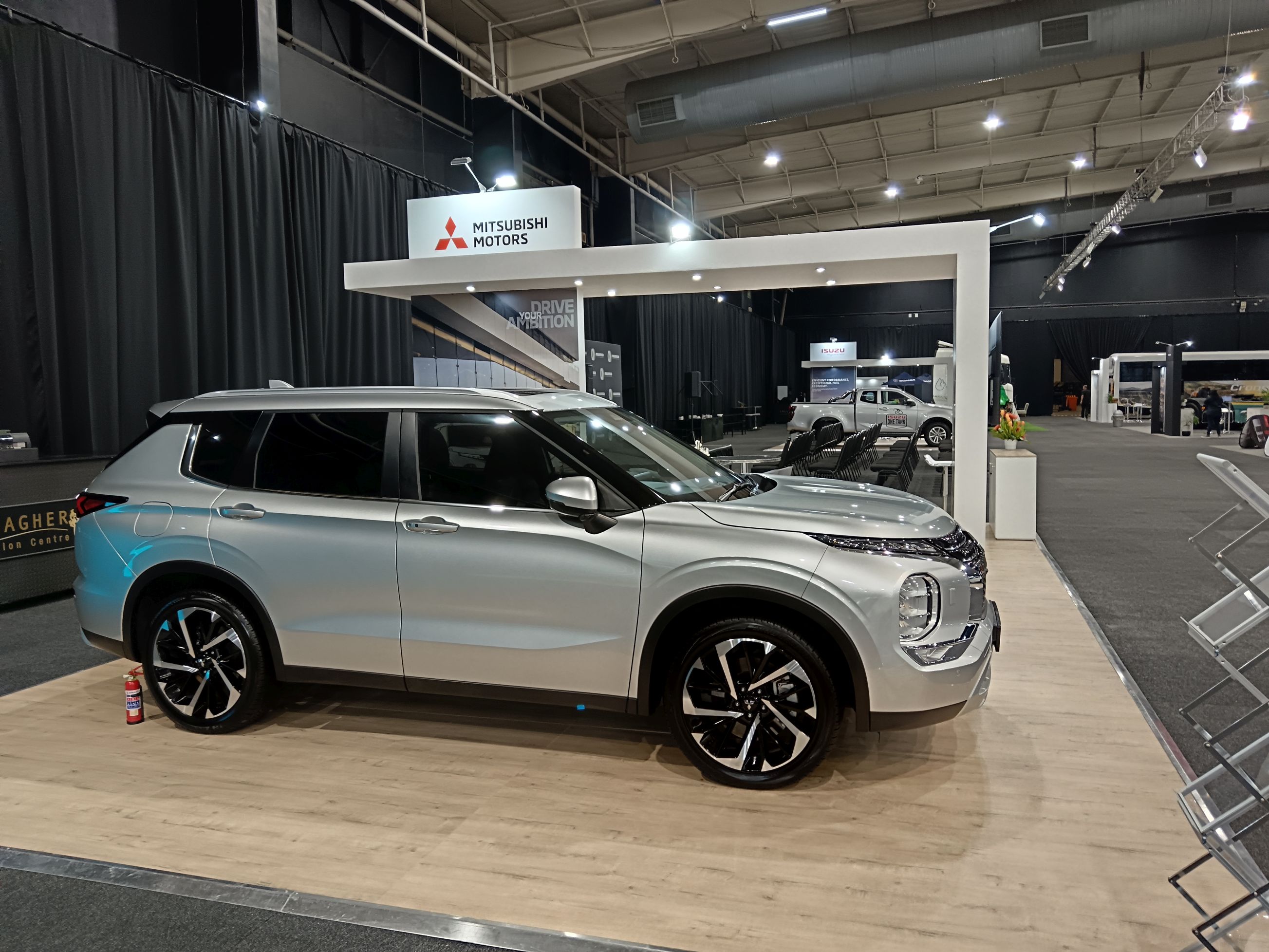
 Victoria Backhaus-Jerling
Victoria Backhaus-Jerling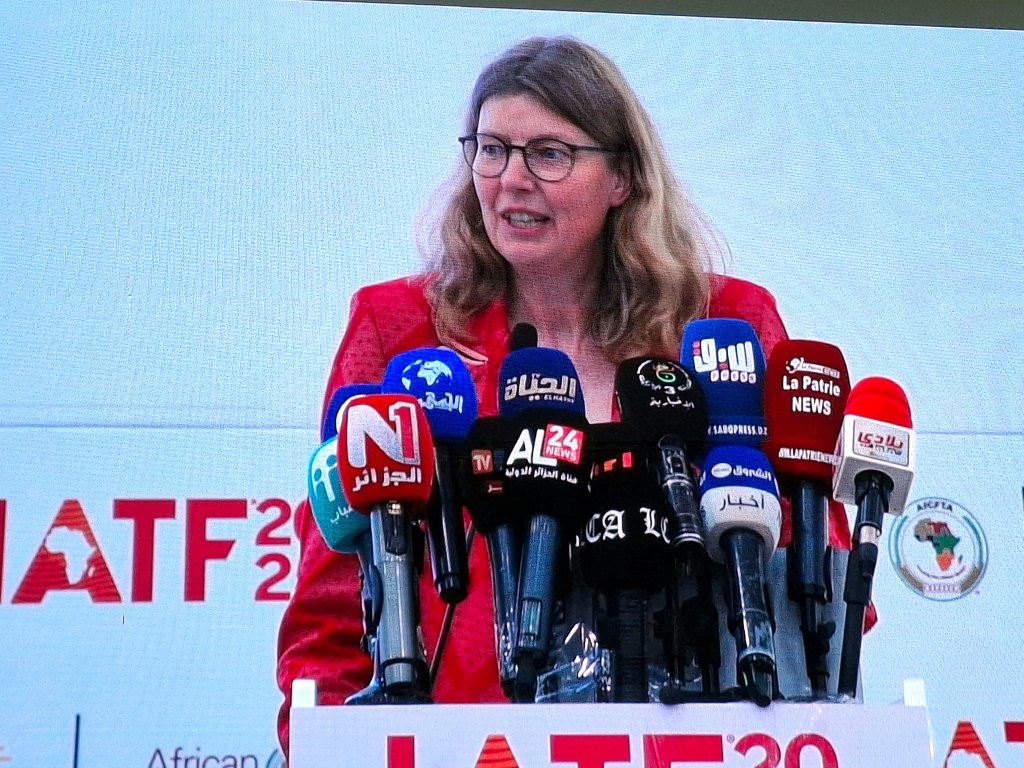 Martina Biene
Martina Biene

